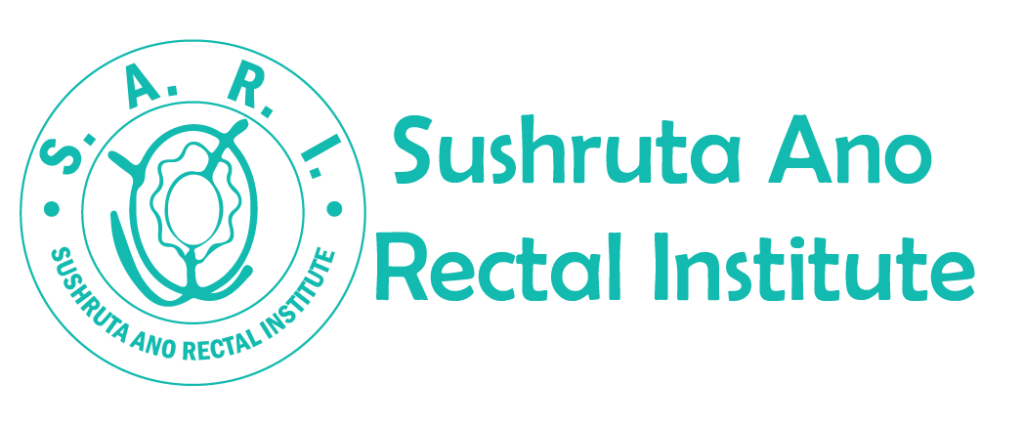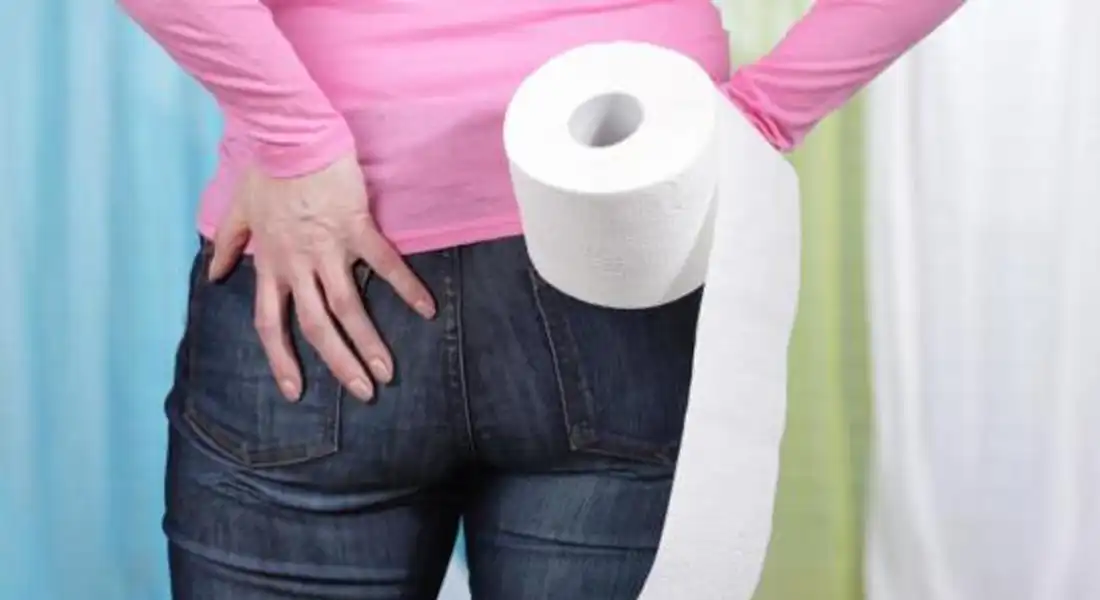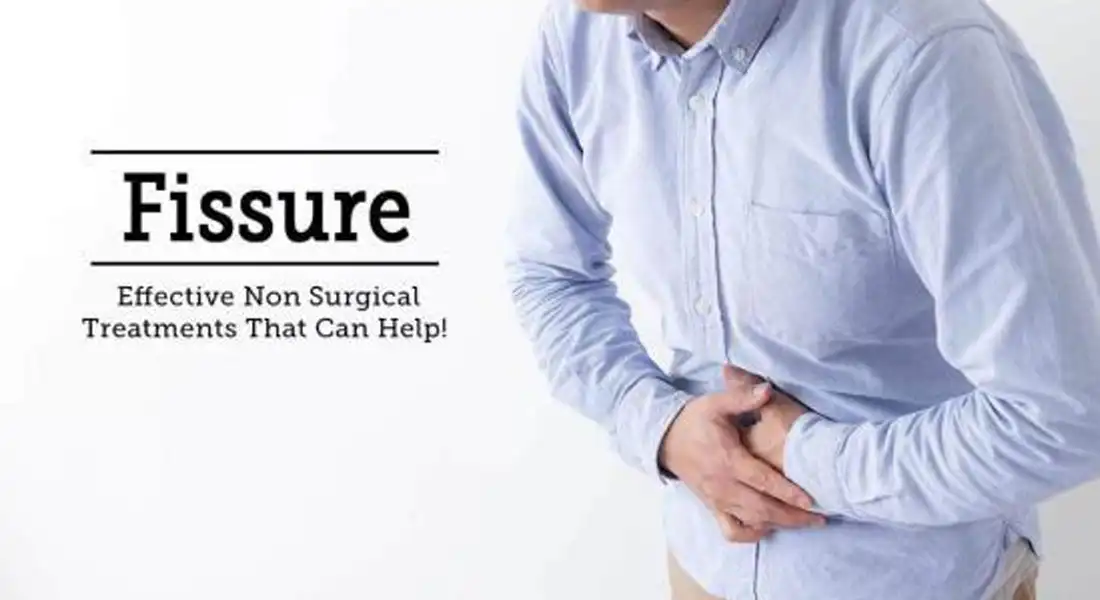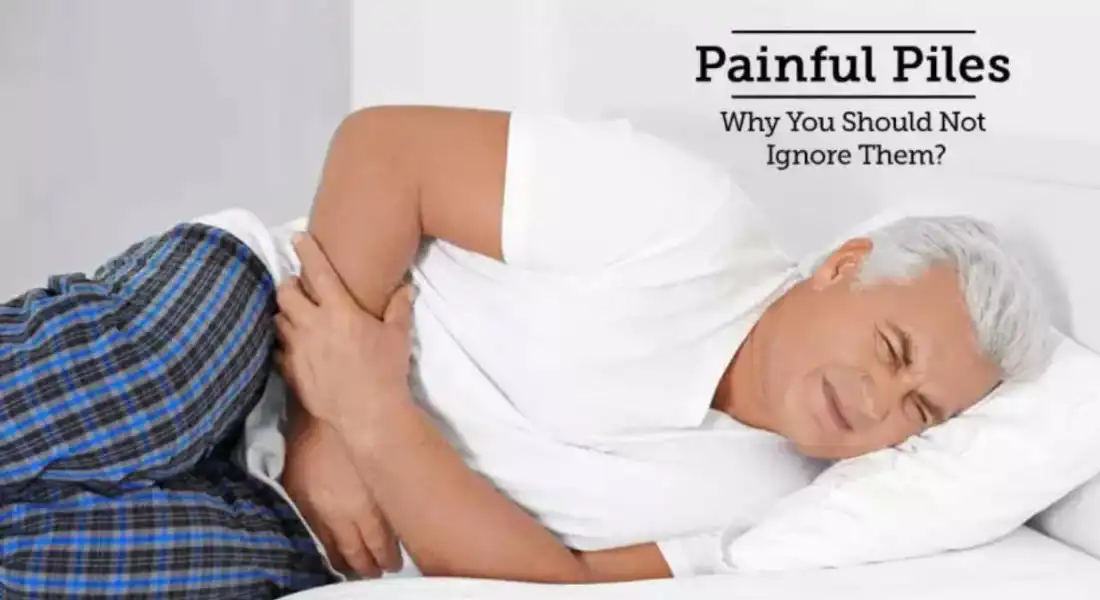Piles – Say No To Surgery
Say No to Surgery and opt for Specialized Ayurvedic Treatment.
Piles are the tortuous veins which bulge out into the anal canal. There are so many factors responsible for this engorgement of the anal veins. The most common cause is chronic constipation. In such conditions patients have to strain for defecation which puts pressure on the veins leading to congestion and engorgement. When these veins get ruptured by passing hard stools or due to straining it initiates characteristic painless bleeding. Bleeding may be in the form of fresh blood drops or spurts of fresh blood. At this stage, bleeding is the only symptom that patients complain of. This is known as the 1st-degree Hemorrhoids.
When these congested rectal veins increase in size, the pile mass may protrude out during defecation. After passing stool, the pile mass reduces by itself and sometimes patients have to reduce the pile mass manually. This stage is labelled as 2nd-degree piles. When these pile masses further increase in size they may protrude out during walking or sitting etc this is known as third-degree piles.
Type of Piles
Piles also known as hemorrhoids, are dilated, engorged veins carrying blood in the anal canal. In simpler words, these are dilated blood veins that are located near the areas of the anus. Piles are mainly of two types in nature namely:
- Internal Hemorrhoids
- External Hemorrhoids
The internal ones are more common in occurrence in the human body than the external ones. Most often, these appear around two centimetres above the opening of the anal canal.
As the name suggests, the external piles occur on the outside area of the anus.
Whereas the internal piles are present inside the anal canal. Here are different stages of internal piles.
- 1st stage- The patient complains of painless bleeding during defecation.
- 2nd stage- There is painless bleeding along with mass protruding out per rectum during defecation which gets reduced by itself or manual reduction is necessary.
- 3rd stage- Pile mass could not be reduced back or if reduced by force; these come out even on coughing, walking or sitting
Some classify piles differently as when the manual reduction is required; it is the 3rd stage while when pile mass is not reducible; it is the 4th stage of internal piles.
Some classify piles differently as when the manual reduction is required; it is the 3rd stage while when pile mass is not reducible; it is the 4th stage of internal piles.
Symptoms of Piles:
Following are the symptoms are commonly seen in patients of Piles:
- Blood drops with the passage of stool.Blood spurts may also be noticed while passing stools.
- Moreover, there are instances when there is unbearable itchiness around the anus speciality in ext. piles.
- A soft mass or lump may be noticed coming out through anus during passing stools which are reduced spontaneously and if it is large in size then it may be manually inserted back into the anus.
- Acute cases when the pile masses get infected or inflamed there may be symptoms of acute pain
Treatment of piles without surgery:
Yes; It is possible to treat piles without having to undergo the knife of a doctor. Ayurveda is well known for treatment of piles without surgery.
- In the first stage of piles, Kshar Karma therapy (application some kshar or medicine on the pile mass that causes shrinking of the mass) is performed which leads to arrest of the bleeding and regression of the pile mass. No surgery is required.
- In the second and third stage of piles, the pile mass is ligated by the Ksharsutra as an OPD procedure. After ligation pile mass shed off on some days. Usually, no hospitalization or bed rest is required and patients can go home after the treatment.
It is not advisable to ignore the problem as it will only aggravate with time. Earlier is always better to treat pile. Even at first stage; it is very important to see the doctor because the blood loss during passing stools may lead to anaemia.
Home Remedies for Piles:
- Piles are the resultant of putting too much strain while defecation or sitting too long for defecation. So these should be avoided.
- Avoid fast foods, spicy and too much oily foods.
- Increase consumption of fibrous foods like green leafy vegetables, fruits and salads;
- Increase intake of fluids and buttermilk etc.
- You should exercise regularly.
- If the pile mass protrudes out during defecation these should be reduced and it is better to keep them inside.
In case you have a concern or query you can always consult with us & get answers to your questions!
Read about: Fissure – More Effective Non-Surgical Treatment!



